For many Australians, their cars mean a lot more to them than just mechanical tools to transport them from one place to another. It’s often something much more personal, a private retreat, a mobile confessional, a source of pride, and, for some, even a trusted companion with a name and a personality.
That’s the story told by the new Youi Car Confessions survey, conducted by Dentsu Intelligence. More than 2,000 Australian car owners were asked about how they use their cars, and the answers reveal just how deeply cars have become intertwined with everyday life, emotions, and even identity.
More than just a ride
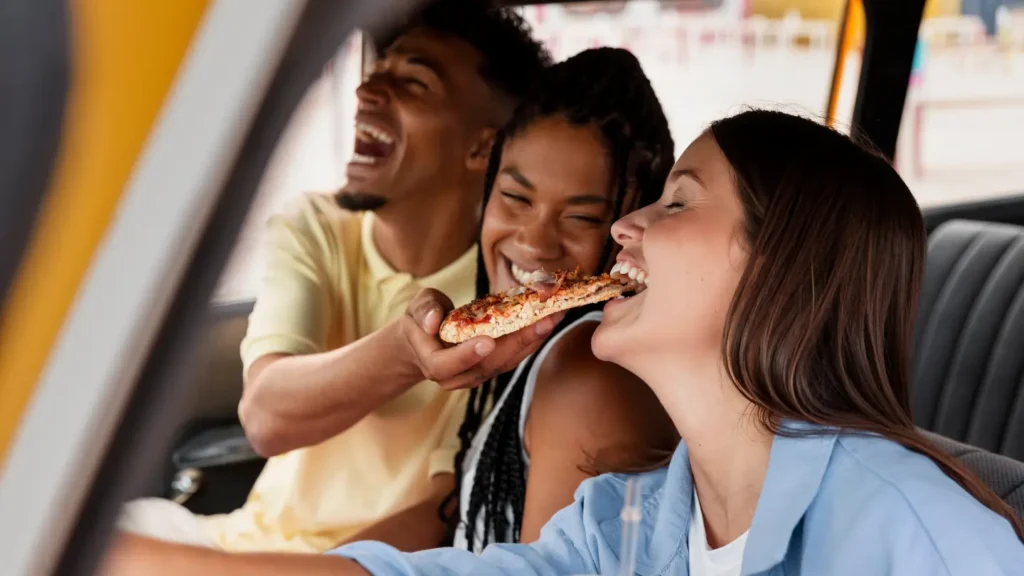
It turns out Australians are doing a lot more than driving when they step inside their cars. An overwhelming 92 per cent of respondents said they use their vehicle for something other than simply getting from A to B.
Here’s what else happens behind closed car doors:
- Snacking in secret – 59% confessed to sneaky snacks in their cars, with Gen Z the biggest offenders. Think chips, chocolate, and no judgment.
- Taking calls in peace – 60% said their parked car doubles as a quiet spot to make or take phone calls.
- Chasing views – 64% said they stop to take in scenery while sitting in the comfort of their car, often with music playing through the infotainment unit.
- Doing absolutely nothing – 43% said they sometimes sit in their car without any destination in mind, using it as a place to pause.
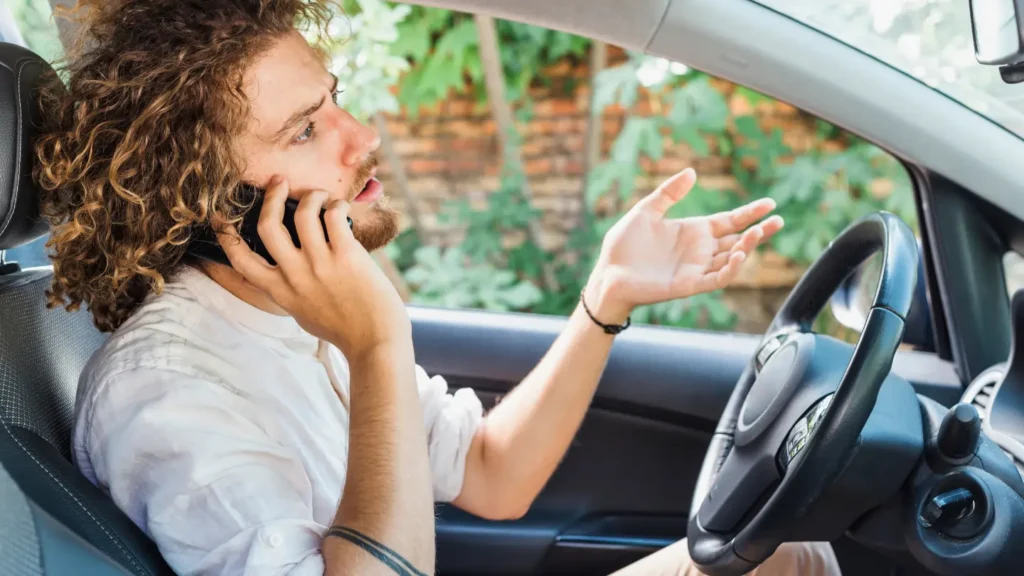
Cars also serve as emotional outlets; a third of drivers admitted to talking to themselves while driving. More than a third of women confessed to shedding tears behind the wheel. Men, on the other hand, were more likely to admit their car has doubled as a place for a quick nap.
Generations on different roads
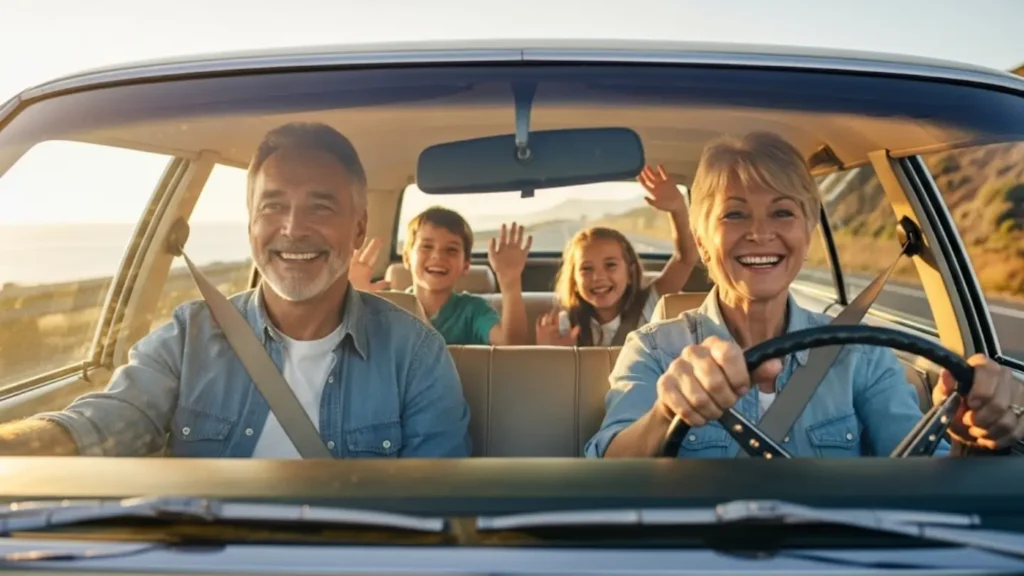
Not all Australians feel the same about their cars. Age plays a significant role in how emotionally connected people are to their vehicles.
- Gen Z: 58% feel firmly attached — for them, cars are freedom, personality, and lifestyle all rolled into one.
- Millennials: 51% share a strong connection, striking a balance between practicality, comfort, and fun.
- Gen X: 41% find joy in their cars, valuing reliability but still enjoying the ride.
- Boomers: 34% report happiness in their vehicles, often seeing them as symbols of stability and independence.
When it comes to simply hanging out in the car, the gap is even more striking. Two-thirds of Gen Z say they often spend time in their car without a destination in mind, while only a quarter of Boomers admit to doing the same. Millennials and Gen X sit somewhere in the middle.
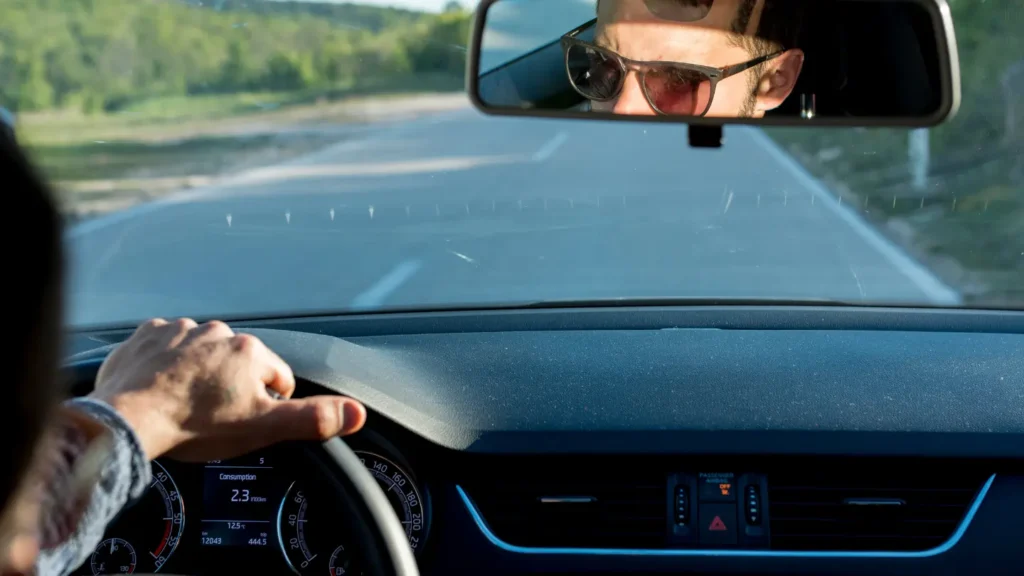
The results suggest that for younger Australians, cars are as much a part of their lifestyle as they are a means of transport, a kind of “third space” between home and work, where they can relax, connect, and simply be.
It might not be perfect, but it’s yours
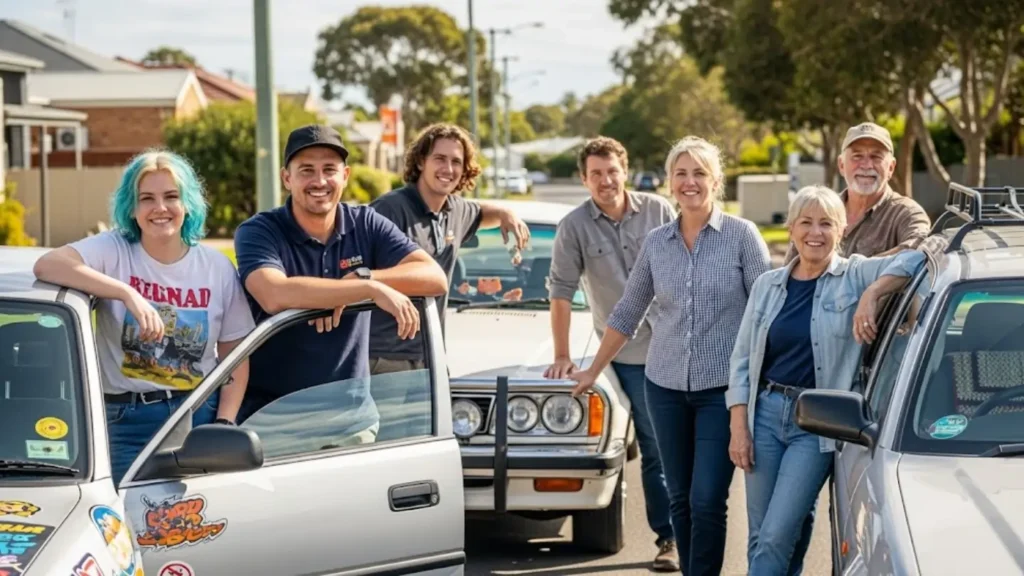
Despite differences in age and connection, 83% of Australians are proud of the car they drive, whether for sentimental reasons, hard work, or care.
- Gen Z (29%): Pride is mostly sentimental, seeing their car as an extension of themselves.
- Millennials (22%): Pride blends effort and connection.
- Gen X (18%): Pride comes from upkeep and reliability.
- Boomers (15%): Pride is rooted in toughness and family ties.
Other reasons for pride:
- 43% worked hard to buy their car.
- 40% care for it meticulously.
- WA drivers top the charts (45%) for car care pride.
Only 14% aren’t proud, usually because their car is old, unreliable, or unaffordable to replace.
Memories on wheels
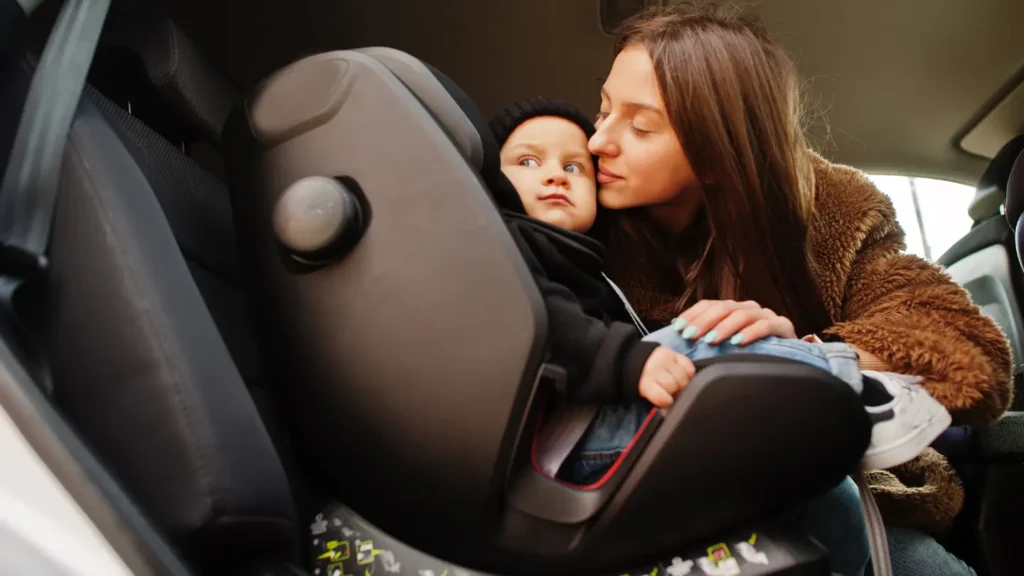
Cars don’t just carry people. They have stories, milestones and memories that stick with us for years.
- 42% of drivers said their most significant car-related memory was owning their very first car.
- 27% said it was the unforgettable thrill of their first solo drive.
- 32% of parents said bringing their baby home for the first time will forever be tied to their car.
From cross-country moves to long road trips, from teaching a child to drive to inheriting a family vehicle, the stories Australians tell about their cars show that these machines are often at the centre of some of life’s most meaningful chapters.
Names, quirks and a bit of personality

A quarter of Australians give their cars names, ranging from the sentimental (Daisy, Gertrude) to the playful (Speedy Tomato, The Rocket). More people see their car as a “she” than a “he” (24% vs. 13%), and many drivers confessed to giving their cars pep talks before long trips or big drives.
These rituals might sound unusual, but they underline how cars can become extensions of personality, memory and even identity.
Beyond the drive
Consumer behaviour experts say it makes sense that cars take on such a significant role in our lives. They’re often the places where we experience freedom, create memories, and carve out moments of privacy that are increasingly rare in today’s world.
From glovebox snacks to tearful phone calls, from cherished milestones to whispered pep talks, Australians clearly see their cars as much more than transport.
They’re not just vehicles. They’re safe spaces, memory-makers, and for some, companions with character.

Comments
New Comment